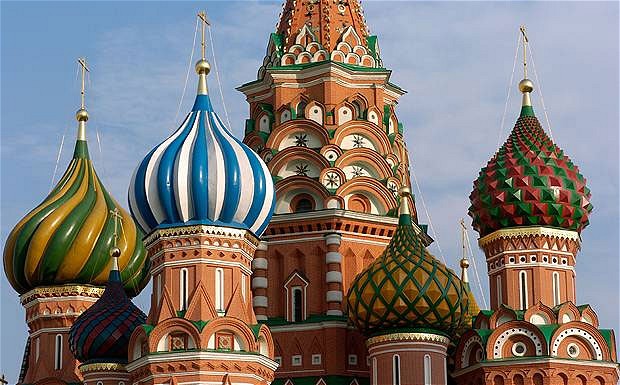Jan 17, 2017
Despite encouraging signs, Russian economists and politicians continue to express only cautious optimism about the future of the economy.

In 2017, Russia might be forced to recognize itself as strong politically, but comparably weak and poor economically, with a destitute population and undiversified economy. Photo: RIA Novosti
Despite many difficulties, the Russian authorities were relatively successful in responding to the 2014-2015 crisis, alleviating its burden on the population and eventually emerging from the economic recession in 2016. At least, this is how Russian and foreign experts, economists and politicians assessed the situation during the Jan. 12-14 Gaidar Economic Forum, one of the nation’s key platforms to address major economic, financial and political challenges.
However, the crisis is far from over. One positive sign is that some representatives of the government are aware of this fact. At the forum, Russian Prime Minister Dmitry Medvedev warned against the risks of a long-standing recession, which are still high. The only way to hedge these risks is to conduct sweeping structural reforms, which would shift investment from large-scale natural resources projects into infrastructure and human capital.
“The fact that Russia overcame the recession doesn’t necessarily mean the problems are resolved,” Medvedev said during the Gaidar Forum. He pointed out that the key challenges are Russia’s technological backwardness, the commodity-based economy and the enormous role of the government in it.
To Read the Entire Article Click Here: Russia Direct

